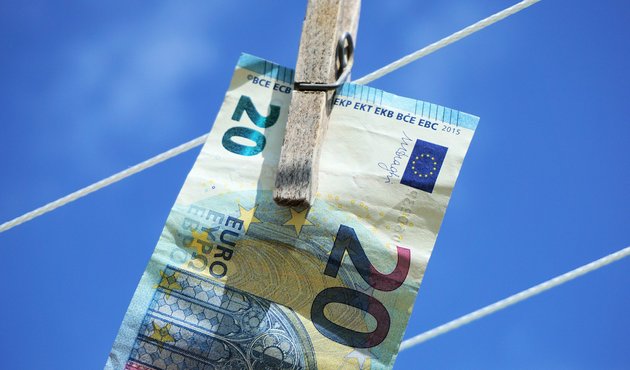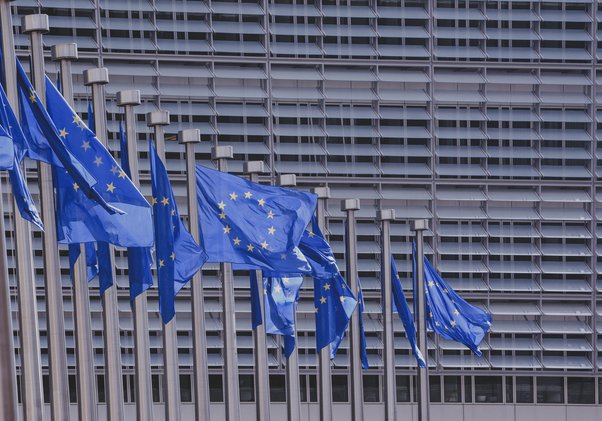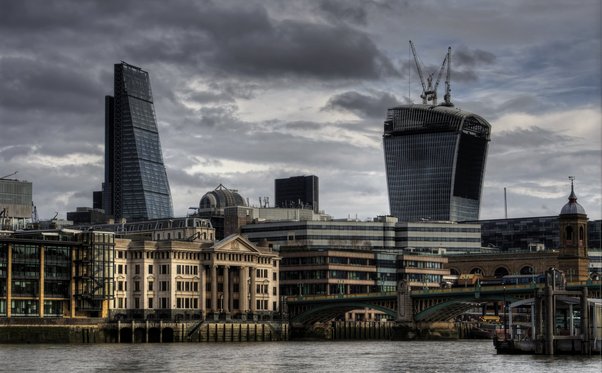For the first time ever, all 28 EU countries will need to set up public registers of beneficial owners of companies
This past Wednesday night, EU negotiators holed up in a meeting room in Strasbourg for over 10 hours, until 02:00, to thrash out the final deal for the 5th EU Anti-Money Laundering Directive. This afternoon the final outcomes of that negotiation were released.
The 5th Directive, which is a revision of the 4th Directive, was launched after the Panama Papers leak revealed the scale of abuse of anonymously owned companies used to facilitate corruption, money laundering and tax evasion.
These secretive companies act as "‘getaway cars" enabling criminals and the corrupt to launder and hide their ill-gotten gains.
One of the main aims of this review was to improve transparency over who really owned these companies – their beneficial owners.
The process for agreeing the new rules was slow and politically fraught, even up to the last moment, coming a full year and half after the review of the directive was first proposed. But, was it worth the wait?
Looking at the big picture, the Directive is a massive step forward for uncovering the real owners behind EU companies: it enshrines a new global transparency standard.
For the first time ever, all 28 EU countries will need to set up public registers of beneficial owners of companies, accessible to all members of the public, though access may be subject to a modest fee.
At Global Witness, we have long advocated for public registers of beneficial owners for companies and trusts so that law enforcement, businesses, NGOs and ordinary citizens can know who they’re dealing with and, ultimately, to prevent money laundering and detect crime.
Three countries have so far implemented such registers – the UK, Denmark and Ukraine – and at least 12 more are committed to doing so, including Afghanistan, Nigeria and Ghana. A further 20 countries are planning public registers for extractive industries.
The reach of the EU Directive will also go beyond EU countries as members of the European Economic Area (Norway, Iceland and Liechtenstein) will also need to implement it.
Clearly there is growing momentum and no doubt more countries will follow suit.
Some of the places which most need to feel the pressure to act on company transparency include:
- The UK’s tax havens, like the British Virgin Islands and Cayman Islands, who for too long have acted as the financial playgrounds for the corrupt and tax evaders. Key votes are planned in the UK Parliament in early 2018 which would require these UK Overseas Territories to introduce public registers of company beneficial owners.
- The US, which has been found to be one of the most popular places for the corrupt to incorporate a company anonymously, and where the law still makes it far too easy to do so. Bipartisan legislation has been introduced to ensure companies formed in the U.S. disclose their real owners, but it needs to be strengthened by Congress.
However, the outcome falls short of what we and many others voices in civil society had asked for in some key areas – particularly in terms of transparency of trusts. The secrecy around trusts is so strong that law enforcement authorities admit to stopping investigations when they encounter them.
Despite recent offshore leaks (see here) pointing to their widespread use, the new rules don’t require any meaningful public access to the hidden owners behind trusts.
Instead, the directive will set up a closed register of beneficial owners of trusts, accessible to law enforcement, banks, lawyers, notaries, amongst others.
Trusts will be registered in the EU where the trustee is resident or where the trust carries out business in an EU country (e.g. opens a bank account, buys real-estate).
Yet these registers won’t be available to the public, and there aren’t even guarantees that anti-corruption campaigners and investigative journalists would get access. This creates a huge hole in the new regulations, and is a major missed opportunity for the EU’s fight against corruption and money laundering.
Now the EU Directive is in place, the work in Europe has only just begun. Countries will need to implement the rules and the European Commission will need to keep a close watch on countries that are slow or that refuse to implement the rules.
It wouldn’t be the first time EU anti-money laundering rules are ignored. As many as 17 EU countries failed to apply the 4th Anti-Money Laundering Directive by the June 2017 deadline and 8 countries are now facing legal action by the European Commission.
There’s also a lot these countries can learn from the UK experience. We’ll be pushing countries to follow their example and make the information free-of-charge and in open-data format.
Work led by OpenOwnership around a common data standard for beneficial ownership can help guide countries, which will also help connect their registers to other countries.
It may have been a long time in coming, but the EU Anti-Money Laundering Directive is definitely a game changer for tackling anonymous companies. Public registers of beneficial ownership have become the international standard, when just a few years ago they were only an idea being pushed by a handful of anti-corruption campaigners.
Now, the rest of the world must follow the EU’s lead.



